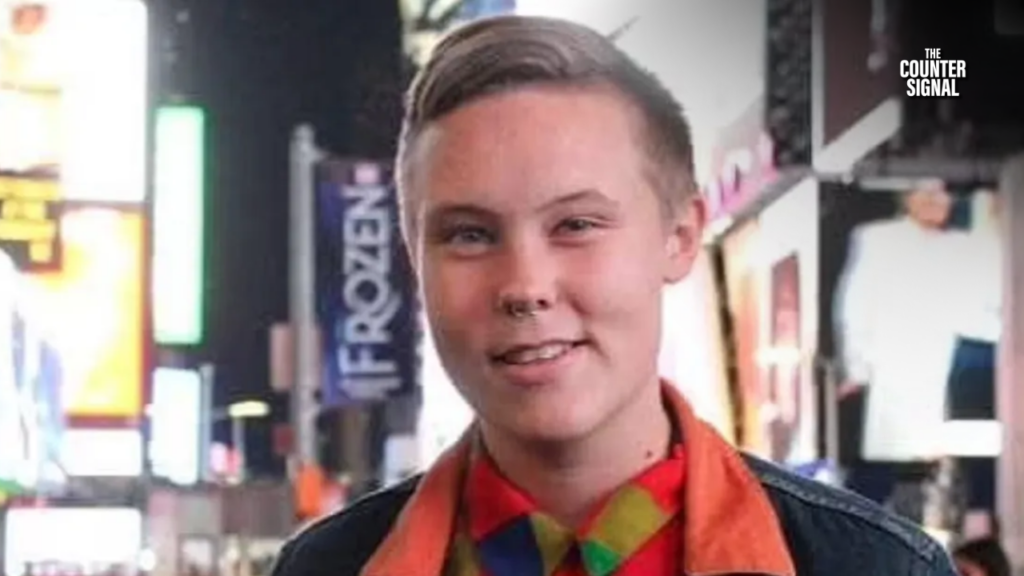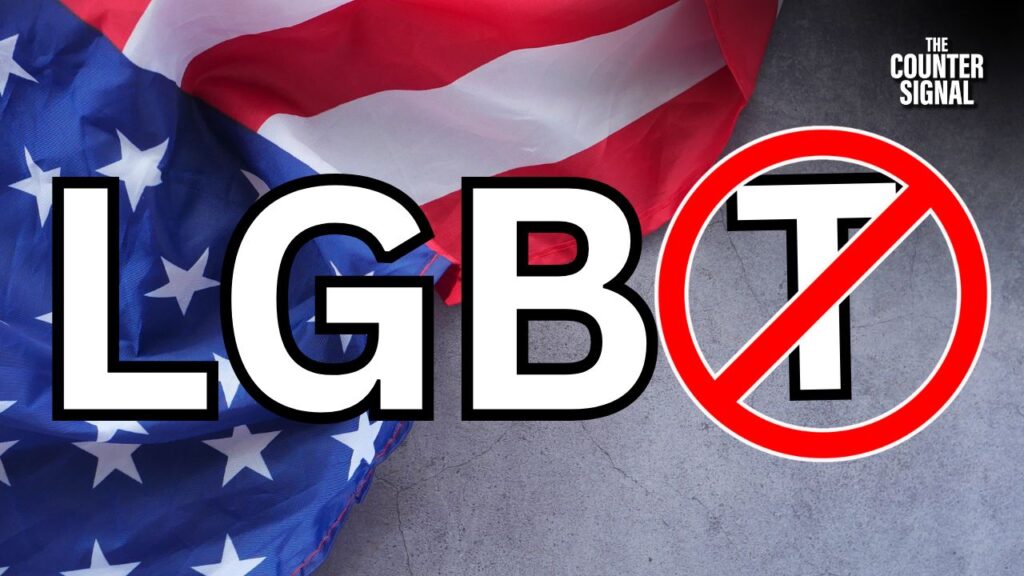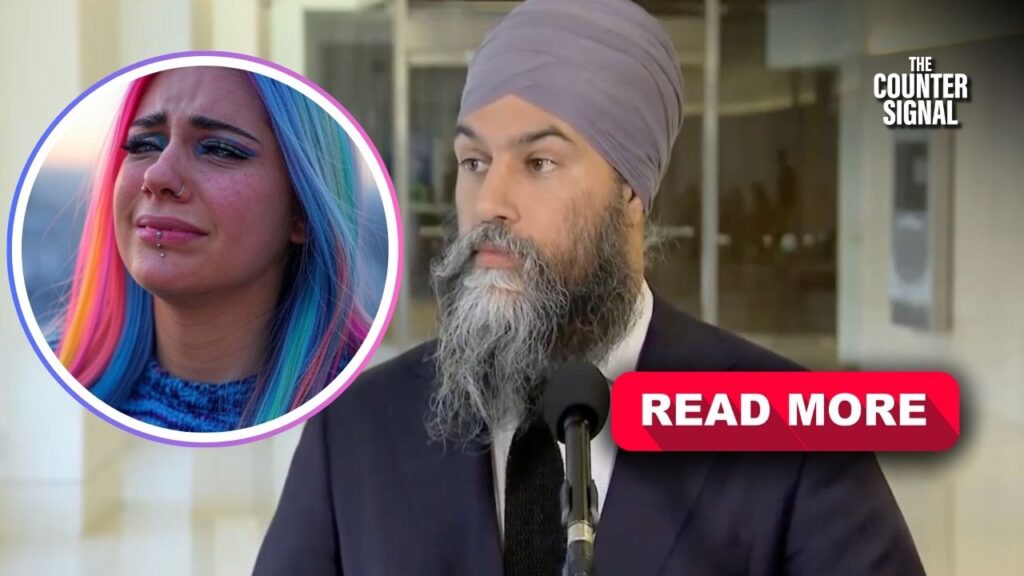Saskatchewan Premier Scott Moe plans to invoke the notwithstanding clause on October 10th to protect parental rights, overruling a recent court decision.

Moe’s parental rights policy requires teachers to inform parents if their children are going by a gender-swapped name or alternative pronouns at school. Moe’s legislation is modelled off of New Brunswick Premier Blaine Higgs’ changes to Policy 713, the sexual orientation and gender identity policy.
On Thursday, the Court of King’s Bench Justice Michael Megaw granted an injunction to halt the Saskatchewan government’s pronoun policy until a constitutional challenge can be heard in court.
Based.
— Don Wilson, LLB 🇨🇦 (@DNSWilson) September 28, 2023
Sask. passed a law requiring schools to involve parents before transing a child.
Today a judge granted an 'emergency injunction' against the law.
Premier Moe is recalling the legislature to exempt the law from the Charter. This ought to render the litigation action… https://t.co/YVmaZcIvzv
Moe scolded the judge’s decision, posting on X (formerly Twitter) that “The default position should never be to keep a child’s information from their parents.”
“It is in the best interest of children to ensure parents are included in their children’s education, in their classrooms and in all important decisions involving their children,” he added.
Moe wrote on X that his government will recall the Legislative Assembly on October 10th, at which point he will invoke the notwithstanding clause of the Canadian constitution.
The notwithstanding clause is a provision that allows governments to override specific Charter rights for up to five years.
Parents agree with Moe
Moe said his parental rights policy has support from the majority of Saskatchewanians.
A July poll by Angus Reid shows that 86% of those surveyed believe parents have the right to know when their child wants to be identified with different pronouns.
50% of parents believe parents have the right to know and must give consent to pronoun changes on their children.
Far-left frenzy
The policy ignited a firestorm among certain LGBT activist groups, including a lawsuit led by a federally-funded activist group against Moe’s government.
Judge Megaw’s 56-page ruling on Thursday that went against Moe’s policy stated “The protection of these youth surpasses that interest expressed by the government, pending a full and complete hearing into the constitutionality of this policy.”
“I find this to be one of those clear cases where injunctive relief is necessary to attempt to prevent the irreparable harm referred to pending a full hearing of this matter on its merits.”










